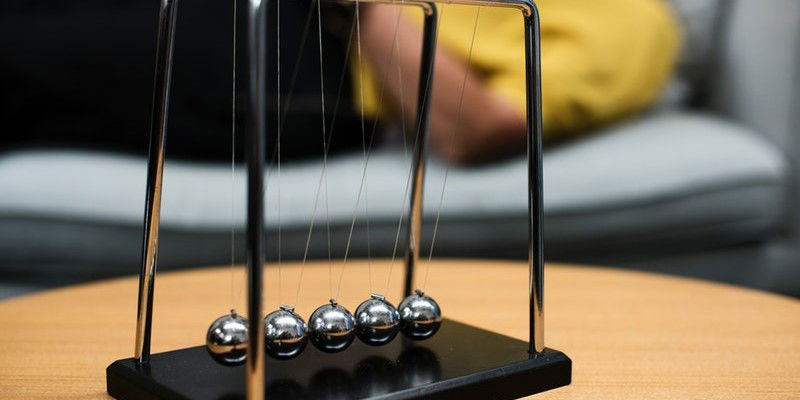Couples and marriage counseling can be incredibly beneficial for relationships that may be struggling. Seeking help from a trained therapist can provide valuable insight, perspective, and tools to help navigate challenges and improve communication in a relationship. Here are some common questions that couples often have about counseling and some answers to help guide them through the process:
1. What can we expect in couples counseling?
During couples counseling, you can expect to have a safe and neutral space to talk about your relationship issues. The therapist will help facilitate communication between you and your partner, identify patterns of behavior that may be causing conflict, and provide guidance on how to improve your relationship. Sessions may involve individual and joint sessions, homework assignments, and strategies for resolving conflicts.
2. How long does couples counseling usually last?
The length of couples counseling can vary depending on the specific issues you are facing and how willing you and your partner are to engage in the process. Some couples may see improvement in just a few sessions, while others may need to continue counseling for several months or even longer. The goal is to work towards a healthier and more fulfilling relationship, and the length of counseling will depend on your individual needs and progress.
3. Will the therapist take sides or tell us what to do?
A skilled therapist will remain neutral and objective throughout the counseling process. They will not take sides or tell you what to do, but rather provide guidance and support to help you and your partner navigate your relationship challenges. The therapist’s role is to facilitate healthy communication, identify underlying issues, and work together with you to develop strategies for positive change.
4. What if my partner doesn’t want to go to counseling?
It is not uncommon for one partner to be resistant to counseling. In this case, it can be helpful to explain the benefits of counseling and how it can improve your relationship. You can suggest going to a few sessions together to see if it helps. If your partner still refuses, you can seek counseling on your own to work on your own issues and gain a better understanding of how to navigate your relationship.
5. How can we continue to improve our relationship after counseling?
Couples counseling is a starting point for improving your relationship, but the work doesn’t end when the sessions are over. It’s important to continue practicing communication skills, being open and honest with each other, and addressing issues as they arise. Setting boundaries, setting goals, and prioritizing quality time together can help maintain a healthy and strong relationship.
In conclusion, couples and marriage counseling can be a valuable resource for relationships facing challenges. By seeking help from a trained therapist, couples can gain valuable insights, improve communication, and work towards a healthier and more fulfilling relationship. Remember that counseling is a process, and it may take time, effort, and commitment to see positive changes in your relationship.



